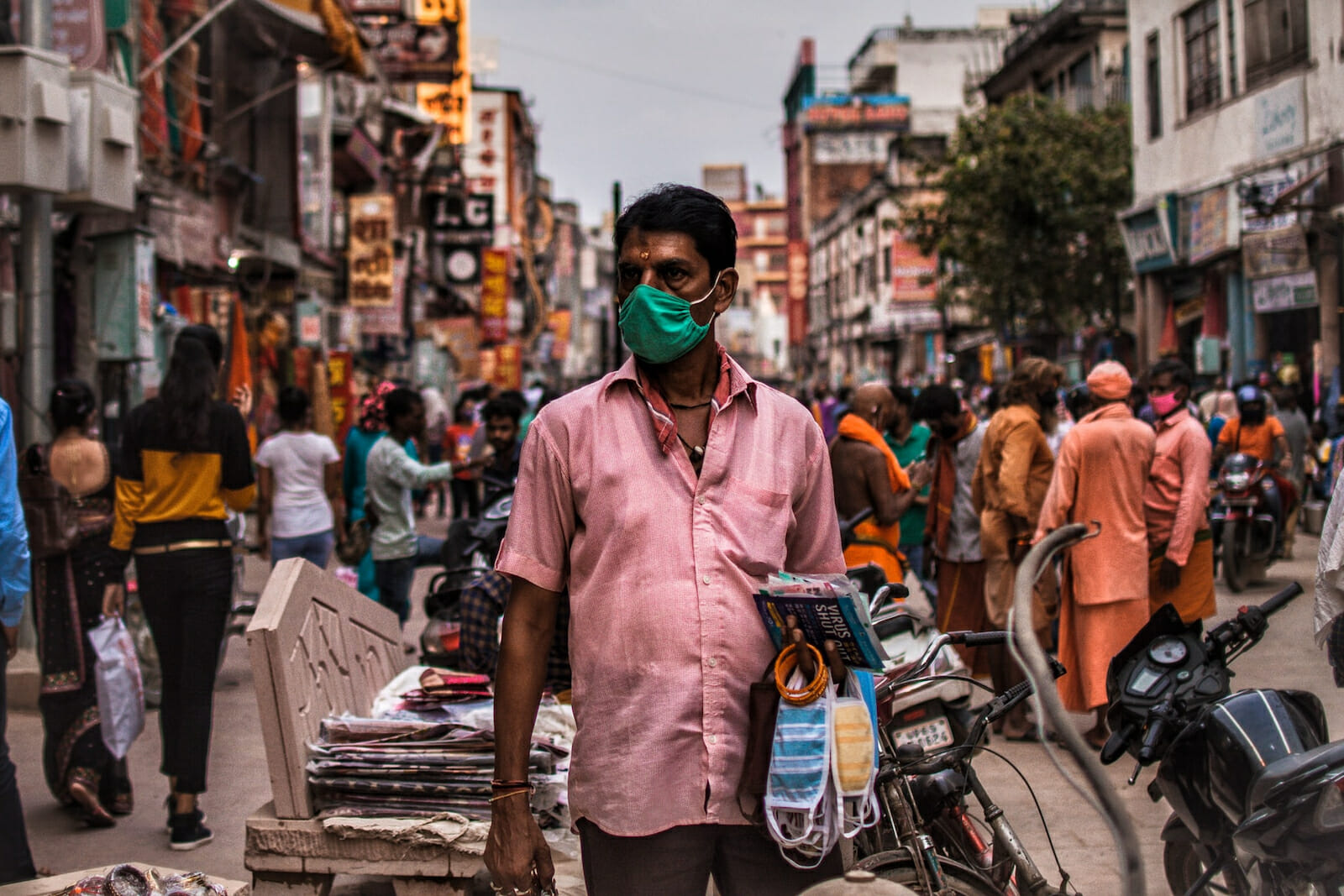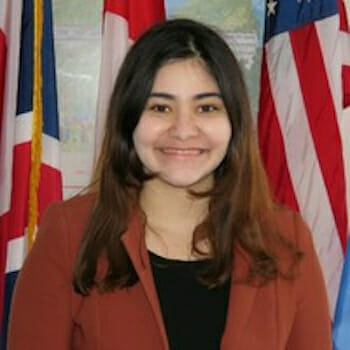
Vaccine Diplomacy: Who is Leading the Race?
With countries across the globe rushing against time to vaccinate their populations, vaccine diplomacy has now become a key component of geopolitics. Several countries, like China, Russia, and India, are engaging in vaccine diplomacy. This new diplomatic tool will have a substantial impact, given the unequal distribution of vaccines across the globe.
It has already become evident how China is seeking to leverage its COVID-19 vaccines to gain soft power. According to the New York Times COVID global tracker, China’s Sinopharm and Sinovac vaccines have already been administered in a total of 55 countries. Additionally, China’s Foreign Ministry recently announced that Beijing is donating vaccines to 69 countries and selling the inoculations to 28 other countries. Collectively, China has already sent 114 million doses abroad. Besides more geopolitical power, Beijing hopes to obtain a large economic benefit from these donations and sales.
While sharing vaccines has created opportunities for Beijing, the large extent by which demand outpaces supply presents a significant challenge. It is expected that China will struggle to meet its domestic goal of vaccinating 40 percent of its population by June. The daily production capacity of Sinovac & Sinopharm is currently five million doses. If Beijing does not increase the pace of production, there is a risk that other vaccine manufacturers with higher efficacy rates will compete with it in developing countries.
Despite the risk of limited supply, Beijing can still benefit from vaccine diplomacy. As explained by Roie Yellinek, a non-resident scholar at the Middle East Institute, through vaccine exports, “China succeeded in turning the focus away from the fact that it ‘exported’ the pandemic to becoming a source for a solution to the problem,” from the perspective of Africa and many Middle Eastern countries. Even before China began exporting vaccines, at the beginning of the pandemic, China’s Xi Jinping had already labeled future Chinese COVID-19 vaccines as a “global public good.”
Similarly, Russia is seeking to gain from its own vaccine, Sputnik V. The vaccine faced high levels of skepticism in August due to a very short testing period, although the peer-reviewed journal Lancet later confirmed its 91 percent efficacy. Russia has already promised roughly 1.2 billion doses of vaccines to more than 50 countries in Asia and Latin America, although many question whether the Kremlin can produce enough doses to meet the high demand. Nonetheless, Sputnik V is creating an avenue for Russia to build more relationships in Latin America.
China and Russia’s vaccine diplomacy efforts have not gone unnoticed by other countries. The European Union announced last April that it would send more than 500 million Pfizer vaccines to non-EU Balkan countries. Prior to this announcement, China and Russia had shared significantly more doses with Balkan countries, which triggered a “race to show geopolitical leadership.”
Besides China and Russia, India has also engaged in vaccine diplomacy and has already supplied vaccines to 95 countries. India’s vaccines are a highly favorable option for many developing countries due to lower storage costs than for other vaccines; over 33 million doses were sent to poorer countries. India has, in fact, outpaced China in Global South vaccine diplomacy. As of March 2021, India’s vaccine diplomacy efforts have been faster and more effective.
Like in China, one of the main concerns regarding India resolves around whether the country can maintain vaccine diplomacy efforts along with the need to vaccinate its large population. In March, India suspended large exports of the vaccine so it could focus on its domestic vaccination efforts. Weeks later, the country broke the world record of daily COVID-19 cases by recording 401,993 cases in late April. Facing vaccine shortages, India halted almost entirely its vaccine exports, reports the New York Times.
The real number of cases and deaths, in fact, exceeds the reported amounts, according to sources on the ground. To make matters worse, a model from the University of Washington’s Institute for Health Metrics and Evaluations, forecasted that daily deaths will continue in an upward trend until mid-May, potentially reaching 13,000 deaths a day or even more. As such, in the next few weeks, it is highly unlikely that India can maintain its vaccine diplomacy efforts to the same extent it previously did.
Despite these challenges and the suspension of vaccine exports, the Indian government publicly labeled its vaccine diplomacy efforts as “Vaccine Maitri,” which stands for “vaccine friendship.” Unsurprisingly, for many countries, India’s help has been critical, as the vaccines have allowed countries like Bangladesh, Myanmar, Nepal, and Sri Lanka, to begin national vaccination programs ahead of schedule.
India is also a significant contributor to COVAX, a multilateral effort to provide vaccines to countries across the globe. India’s Serum Institute signed a deal with COVAX in 2020 to produce 1.8 billion COVID-19 doses for 92 countries. Now, as India stopped its vaccine exports, both COVAX and several bilateral vaccine deals are at risk, which will significantly hurt low-income countries.
Another country engaging in vaccine diplomacy is Serbia. Using vaccines provided by Russia and China, the Balkan nation has attained one of the highest per capita vaccination rates in the world. In fact, thousands of people traveled to Serbia to get vaccinated. Yet, although vaccinated people are grateful for Serbia’s actions, they are also frustrated by the need to rely on Belgrade instead of one’s national government or Brussels.
Although vaccine diplomacy is gathering broad attention, it is important to note that this diplomatic tool is part of a broader foreign policy agenda for many countries. For example, in China, government officials have publicly associated medical supplies with the “Health Silk Road,” that is, these supplies are now considered as part of Beijing’s Belt and Road Initiative. Additionally, as Agathe Demarais, a former French diplomat notes, both Russia and China have been seeking to expand their power in the Global South for decades, and the pandemic is speeding up this process.
The extremely limited amount of vaccines available to low-income countries has created a “vaccine vacuum” which Russia and China will use in their favor “to reward loyal friends or secure political favors. For example, shortly after delivering doses of its vaccine to Bolivia, the Kremlin began negotiations with the Bolivian government to gain access to minerals and nuclear projects.
As such, even though vaccine diplomacy efforts were beneficial for some low-income countries, the geopolitical tensions and divisions generated demonstrate the need for a better long-term solution for global COVID-19 vaccine coverage. Vaccine diplomacy conducted under the expectation of favors is politically divisive. It is also damaging to low-income countries in the long run as these countries may agree to unfavorable negotiating terms due to the pressures imposed by the pandemic.

